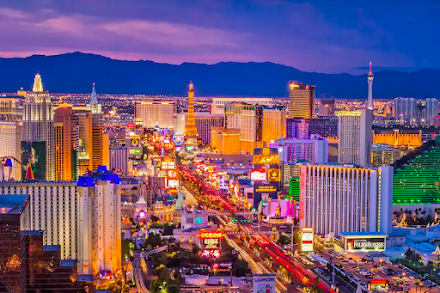What is "natural" in today's society?
When beginning the chapter of Retroactive Manifestos, I learned there are four defining traits. It must be specific and linked to a city; it must use the innovation of spontaneous events; it is liberating and innovative, opening new fields of architecture; and finally non-critical, not challenging social order and existing with a "non-utopian" view. I believe Learning from Las Vegas by Venturi and Denise Scott Brown fits in this category effortlessly.
Compared to Le Corbusier's utopian Radiant City, which suggests starting over and destroying whatever was in its place, Venturi and Denise do the opposite by matching the environment without questioning what is right or wrong. I see these as two theories on the complete opposite spectrum. Rather than using architecture to have the solutions for society, Learning from Las Vegas instead allows society to shape architecture. In this way, architecture becomes more of a product of society which reflects its current state. With that said, things that were never perceived as valuable becomes more of an artistic statement; in the same way an artist paints to reflect the world around them. There is beauty in what is raw and natural and what has become natural in our capitalistic society is shopping malls and advertisement. For the first time in history, architecture doesn't need to be "good" for society; it just does what it does.




Micah, your observations reminded me of a passage from Ellen Dunham Jones' The Irrational Exuberance of Rem Koolhaas that he "holds up a mirror" rather than criticizes. I think the same can be said for Learning From Las Vegas. I think throughout history, literature, art, and architecture have been instrumental in documenting who we are. I don't believe that architecture alone has the power to change society, but architecture can inspire us to look inward and to examine the spaces we inhabit.
ReplyDelete